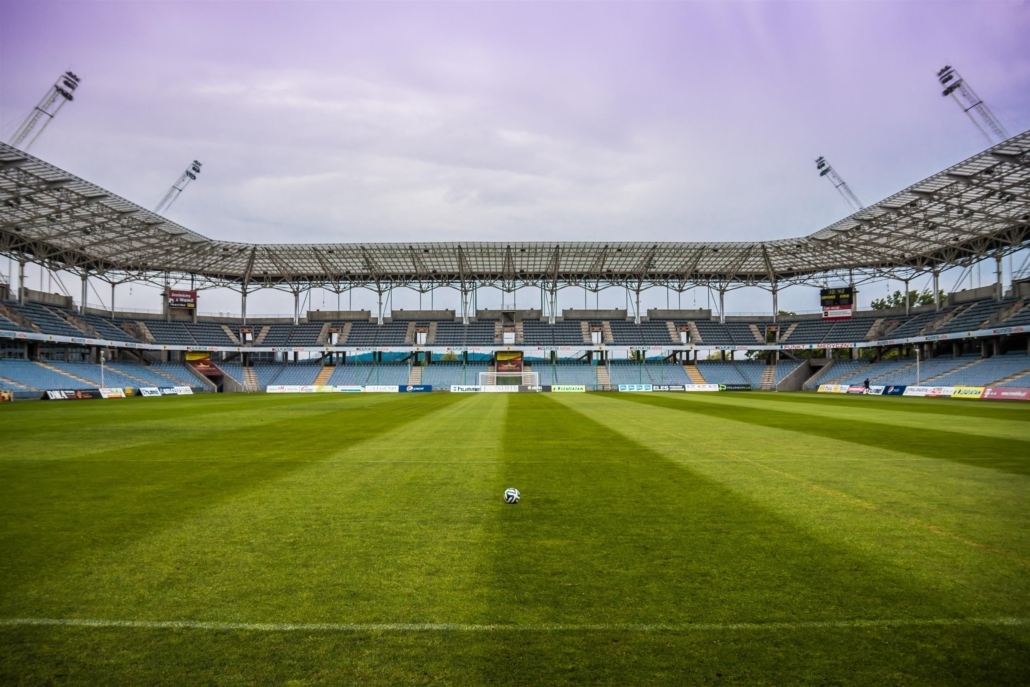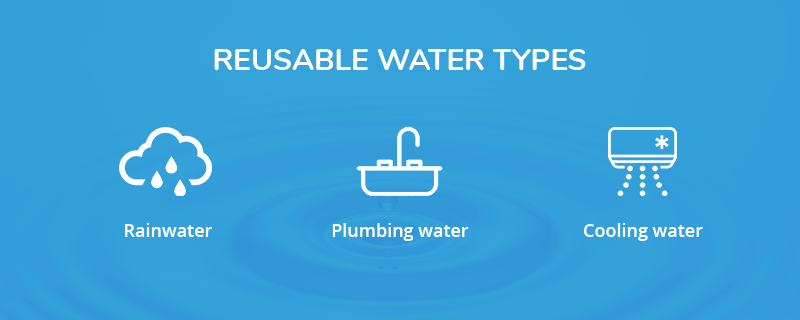Sporting Complexes And Water Usage
Sporting complexes need water for numerous daily operations, and the amount starts to add up. Everything from restrooms to kitchens to HVAC systems and even the playing surfaces use water.
Professional football stadiums in the United States use hundreds of thousands of gallons every game between dining, landscaping, cooling and others applications. An NHL arena uses between 12,000 and 15,000 gallons to create the ice surface alone.
On-site water treatment systems create the possibility for sports arenas to go green and save money by closing the loop that is their water supply and discharge.
Benefits Of Sustainable Water Systems For Stadiums
Athletic facilities must meet demand while practicing environmental stewardship, and stadium water treatment systems are a path forward. There are a few primary benefits that water reuse systems for stadiums can bring, including:
- Reduced consumption: Water reuse systems reduce water consumption in sports facilities by doing more with each gallon. Many of the processes that make grass fields and ice surfaces game-ready can implement recycled water, meaning every drop goes a yard further.
- Lower costs: Athletic facilities reduce their operating costs when they can do more with less. Water management solutions for sports complexes make sustainability the most cost-effective option for any owner.
- Consistent supply: On-site water treatment systems give athletic facilities access to the quantities needed for all daily duties from field maintenance to cleaning, cooking and more. These closed-loop systems are self-sufficient, ensuring consistent water even when city utilities experience a disconnection.
Nsu’s History Of Excellence In Stadium Water Management
NSU’s water reuse systems for sports complexes have benefited clients across North America. Our experts developed Gillette Stadium’s water reuse facility — the largest in the state of Massachusetts. The New England Patriots’ system accounts for Foxborough’s inability to supply necessary water for game day and the municipal treatment facility’s failure to manage the excess water flow from the stadium.
NSU has also worked on various golf courses, including Hamilton Farm and Hawke Point in New Jersey, as well as the MacDonald Island sports complex in Alberta, Canada.
How Is Water Recycled In Stadiums?
NSU’s water reuse systems for sports complexes have benefited clients across North America. Our experts developed Gillette Stadium’s water reuse facility — the largest in the state of Massachusetts. The New England Patriots’ system accounts for Foxborough’s inability to supply necessary water for game day and the municipal treatment facility’s failure to manage the excess water flow from the stadium.
NSU has also worked on various golf courses, including Hamilton Farm and Hawke Point in New Jersey, as well as the MacDonald Island sports complex in Alberta, Canada.



